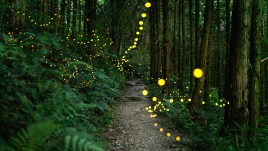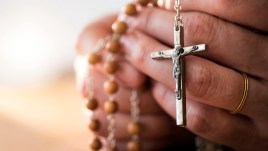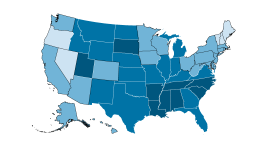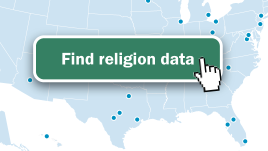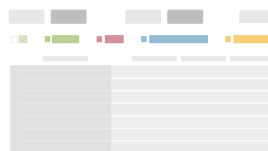
Catholicism Has Declined in Latin America Over the Past Decade
The Catholic share of the population in several Latin American countries has shrunk over the last 10 years, while a growing percentage of Latin American adults are religiously unaffiliated.
- Read the report: Religious affiliation | Religious and spiritual beliefs | Religious and spiritual practices






